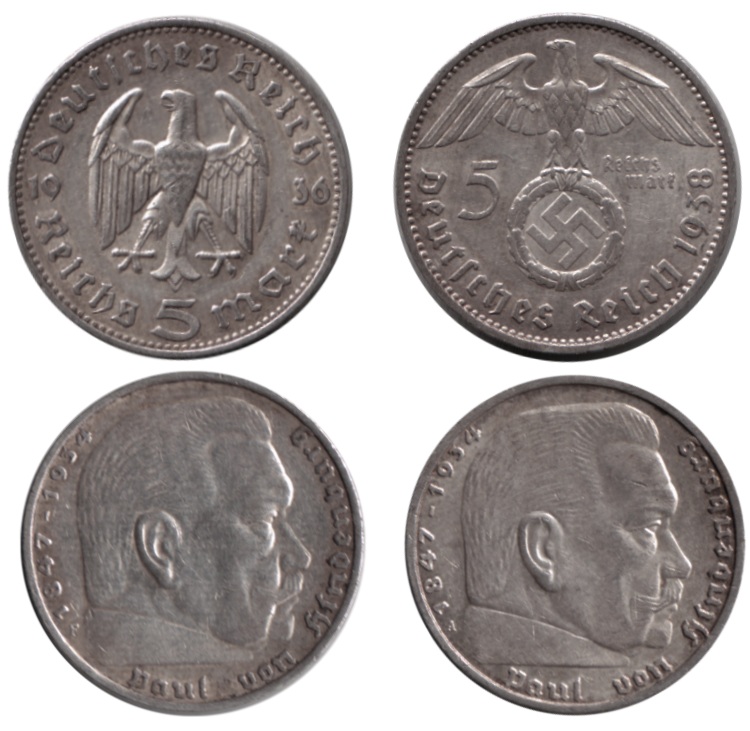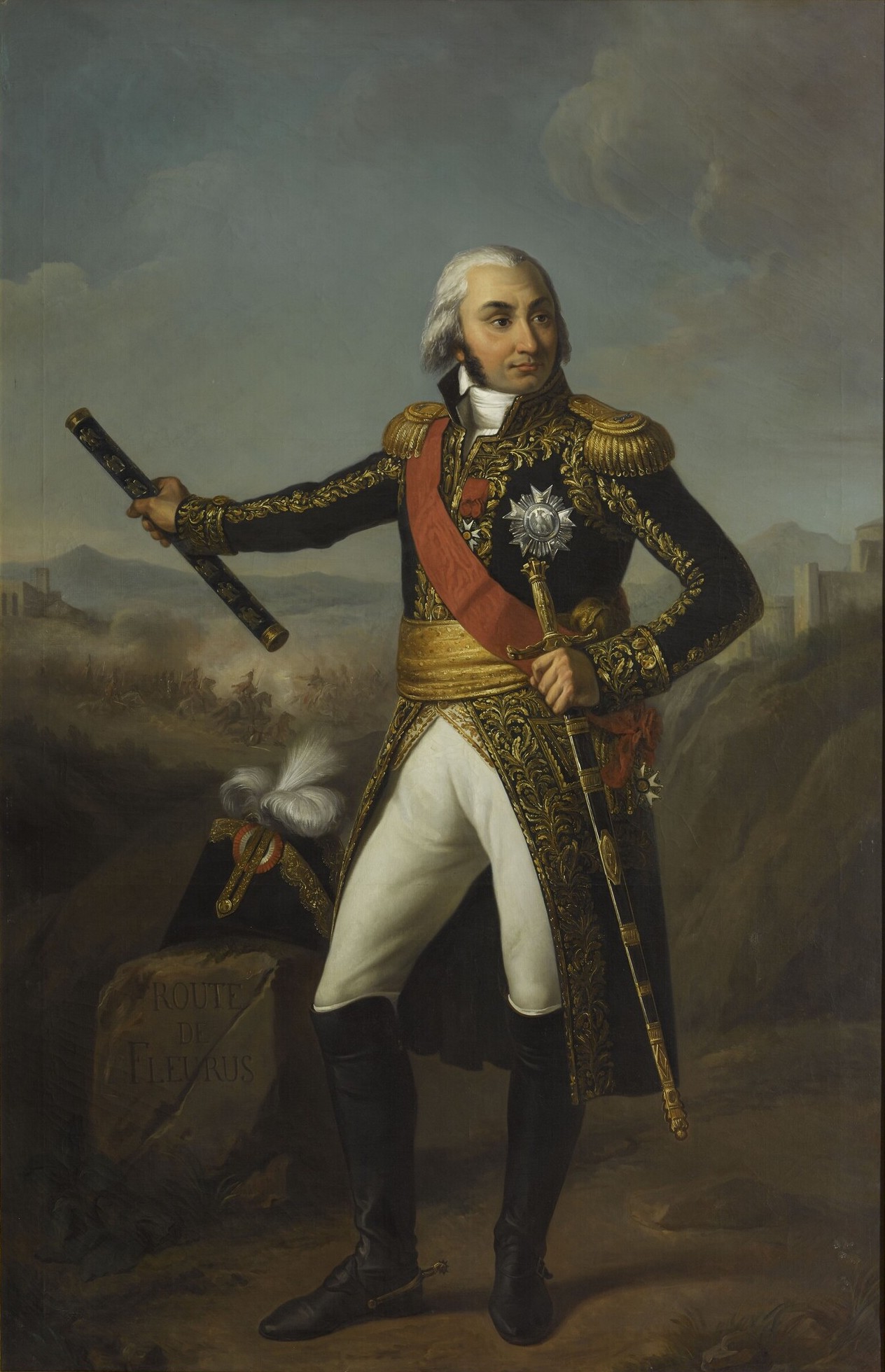|
1940 Field Marshal Ceremony
The 1940 Field Marshal Ceremony refers to a promotion ceremony held at the Kroll Opera House in Berlin in which Adolf Hitler promoted twelve generals to the rank of ''Generalfeldmarschall'' ("field marshal") on 19 July 1940. It was the first occasion in World War II that Hitler appointed field marshals due to military achievements. The prestigious rank of field marshal had been banned after World War I. As part of German re-armament, the rank was revived. Hitler promoted twelve selected generals to field marshal during the ceremony in Berlin for their role in the swift victory in the Battle of France and to raise morale. The ceremony highlighted the power and prestige of the Wehrmacht; France was considered to have had the strongest army in Europe, yet had been humiliatingly defeated in just six weeks. The ceremony was the first time Hitler appointed field marshals due to military achievements and was celebrated like no other promotion ceremony of the war. During the same ceremo ... [...More Info...] [...Related Items...] OR: [Wikipedia] [Google] [Baidu] |
Treaty Of Versailles
The Treaty of Versailles (french: Traité de Versailles; german: Versailler Vertrag, ) was the most important of the peace treaties of World War I. It ended the state of war between Germany and the Allied Powers. It was signed on 28 June 1919 in the Palace of Versailles, exactly five years after the assassination of Archduke Franz Ferdinand, which led to the war. The other Central Powers on the German side signed separate treaties. Although the armistice of 11 November 1918 ended the actual fighting, it took six months of Allied negotiations at the Paris Peace Conference to conclude the peace treaty. The treaty was registered by the Secretariat of the League of Nations on 21 October 1919. Of the many provisions in the treaty, one of the most important and controversial was: "The Allied and Associated Governments affirm and Germany accepts the responsibility of Germany and her allies for causing all the loss and damage to which the Allied and Associated Governments and the ... [...More Info...] [...Related Items...] OR: [Wikipedia] [Google] [Baidu] |
Wilhelm Keitel
Wilhelm Bodewin Johann Gustav Keitel (; 22 September 188216 October 1946) was a German field marshal and war criminal who held office as chief of the '' Oberkommando der Wehrmacht'' (OKW), the high command of Nazi Germany's Armed Forces, during the Second World War. In that capacity, Keitel signed a number of criminal orders and directives that led to numerous war crimes. Keitel's rise to the Wehrmacht high command began with his appointment as the head of the Armed Forces Office at the Reich Ministry of War in 1935. Having taken command of the Wehrmacht in 1938 Hitler replaced the ministry with the OKW and Keitel became its chief. He was reviled among his military colleagues as Hitler's habitual " yes-man". After the war, Keitel was indicted by the International Military Tribunal in Nuremberg as one of the "major war criminals". He was found guilty on all counts of the indictment: crimes against humanity, crimes against peace, criminal conspiracy, and war crimes. He was ... [...More Info...] [...Related Items...] OR: [Wikipedia] [Google] [Baidu] |
Albert Kesselring
Albert Kesselring (30 November 1885 – 16 July 1960) was a German '' Generalfeldmarschall'' of the Luftwaffe during World War II who was subsequently convicted of war crimes. In a military career that spanned both world wars, Kesselring became one of Nazi Germany's most highly decorated commanders, being one of only 27 soldiers awarded the Knight's Cross of the Iron Cross with Oak Leaves, Swords and Diamonds. Kesselring joined the Bavarian Army as an officer cadet in 1904 and served in the artillery branch. He completed training as a balloon observer in 1912. During World War I he served on both the Western and Eastern fronts and was posted to the General Staff, despite not having attended the War Academy. Kesselring remained in the army after the war, but was discharged in 1933 to become head of the Department of Administration at the Reich Commissariat for Aviation, where he became involved in the re-establishment of the German aviation industry and the laying of the ... [...More Info...] [...Related Items...] OR: [Wikipedia] [Google] [Baidu] |
General Der Flieger
''General der Flieger'' ( en, General of the aviators) was a General of the branch rank of the Luftwaffe (air force) in Nazi Germany. Until the end of World War II in 1945, this particular general officer rank was on three-star level (OF-8), equivalent to a US Lieutenant general. The "General of the branch" ranks of the Luftwaffe were in 1945: * General of parachute troops * General of anti-aircraft artillery * General of the aviators * General of air force communications troops * General of the air force The rank was equivalent to the General of the branch ranks of the '' Heer'' (army) as follows: ;Heer: * General of artillery * General of mountain troops * General of infantry * General of cavalry * General of the communications troops * General of panzer troops (armoured troops) * General of engineers * General of the medical corps * General of the veterinary corps ;Other services: The rank was also equivalent to the German three-star ranks: * Admiral of the ''Krie ... [...More Info...] [...Related Items...] OR: [Wikipedia] [Google] [Baidu] |
Fedor Von Bock
Moritz Albrecht Franz Friedrich Fedor von Bock (3 December 1880 – 4 May 1945) was a German who served in the German Army during the Second World War. Bock served as the commander of Army Group North during the Invasion of Poland in 1939, commander of Army Group B during the Invasion of France in 1940, and later as the commander of Army Group Center during the attack on the Soviet Union in 1941; his final command was that of Army Group South in 1942. Bock commanded Operation Typhoon, the ultimately failed attempt to capture Moscow during the autumn and winter of 1941. The Wehrmacht offensive was slowed by stiff Soviet resistance around Mozhaisk, and also by the , the season of rain and mud in Central Russia. The Soviet counteroffensive soon drove the German army into retreat, and Bock was subsequently relieved of command by Adolf Hitler. A monarchist, Bock was not heavily involved in politics. He did not sympathize with plots to overthrow Adolf Hitler, and never fil ... [...More Info...] [...Related Items...] OR: [Wikipedia] [Google] [Baidu] |
Walther Von Brauchitsch
Walther Heinrich Alfred Hermann von Brauchitsch (4 October 1881 – 18 October 1948) was a German field marshal and the Commander-in-Chief (''Oberbefehlshaber'') of the German Army during World War II. Born into an aristocratic military family, he entered army service in 1901. During World War I, he served with distinction on the corps-level and division-level staff on the Western Front. After the 1933 Nazi seizure of power, Brauchitsch was put in charge of Wehrkreis I, the East Prussian military district. He borrowed immense sums of money from Adolf Hitler and became dependent on his financial help. Brauchitsch served as Commander-in-Chief of the German Army from February 1938 to December 1941. He played a key role in the Battle of France and oversaw the German invasions of Yugoslavia and Greece. For his part in the Battle of France, he became one of twelve generals promoted to field marshal. After suffering a heart attack in November 1941 and being blamed by Hitler for ... [...More Info...] [...Related Items...] OR: [Wikipedia] [Google] [Baidu] |
Generaloberst
A ("colonel general") was the second-highest general officer rank in the German ''Reichswehr'' and ''Wehrmacht'', the Austro-Hungarian Common Army, the East Germany, East German National People's Army and in their respective police services. The rank was equal to a four-star full general but below a general field marshal. The rank was equivalent to a ''Generaladmiral'' in the ''Kriegsmarine'' until 1945 or to a ''Flottenadmiral'' in the ''Volksmarine'' until 1990. It was the highest ordinary military rank and the highest military rank awarded in peacetime; the higher rank of general field marshal was awarded only in wartime by the head of state. In general, a ''Generaloberst'' had the same privileges as a general field marshal. A literal translation of ''Generaloberst'' would be "uppermost general", but it is often translated as "colonel-general" by analogy to ''Oberst'', "colonel", such as in countries in which the rank was adopted like Russia (, ''general-polkovnik''). "Ober ... [...More Info...] [...Related Items...] OR: [Wikipedia] [Google] [Baidu] |
German General Staff
The German General Staff, originally the Prussian General Staff and officially the Great General Staff (german: Großer Generalstab), was a full-time body at the head of the Prussian Army and later, the German Army, responsible for the continuous study of all aspects of war, and for drawing up and reviewing plans for mobilization or campaign. It existed unofficially from 1806, and was formally established by law in 1814, the first general staff in existence. It was distinguished by the formal selection of its officers by intelligence and proven merit rather than patronage or wealth, and by the exhaustive and rigorously structured training which its staff officers undertook. Its rise and development gave the German armed forces a major strategic advantage over their adversaries for nearly a century and a half. The Prussian General Staff also enjoyed greater freedom from political control than its contemporaries, and this autonomy was enshrined in law on the unification of Germany ... [...More Info...] [...Related Items...] OR: [Wikipedia] [Google] [Baidu] |
Reichsmarks
The (; sign: ℛℳ; abbreviation: RM) was the currency of Germany from 1924 until 20 June 1948 in West Germany, where it was replaced with the , and until 23 June 1948 in East Germany, where it was replaced by the East German mark. The Reichsmark was subdivided into 100 s (Rpf or ℛ₰). The Mark is an ancient Germanic weight measure, traditionally a half pound, later used for several coins; whereas (''realm'' in English), comes from the official name for the German state from 1871 to 1945, . History The Reichsmark was introduced in 1924 as a permanent replacement for the Papiermark. This was necessary due to the 1920s German inflation which had reached its peak in 1923. The exchange rate between the old Papiermark and the Reichsmark was = 1012 ℳ (one trillion in American English and French, one billion in German and other European languages and British English of the time; see long and short scale). To stabilize the economy and to smooth the transition, the Papiermar ... [...More Info...] [...Related Items...] OR: [Wikipedia] [Google] [Baidu] |
Baton (military)
The ceremonial baton is a short, thick stick-like object, typically in wood or metal, that is traditionally the sign of a field marshal or a similar high-ranking military officer, and carried as a piece of their uniform. The baton is distinguished from the swagger stick in being thicker and effectively without any practical function. A staff of office is rested on the ground; a baton is not. Unlike a royal sceptre that is crowned on one end with an eagle or globe, a baton is typically flat-ended. Origins The baton can most likely be traced back to the mace, with ancient Kings and Pharaohs often being buried with ceremonial maces. With the advent of primitive body armor, the mace went out of fashion, but made a comeback as an effective weapon against full plate armour during the Late Middle Ages. During this time, the staff of office also became a prominent symbol of power. By the time of Louis X of France, it was common for sergeants-at-arms to carry highly ornamented cer ... [...More Info...] [...Related Items...] OR: [Wikipedia] [Google] [Baidu] |








